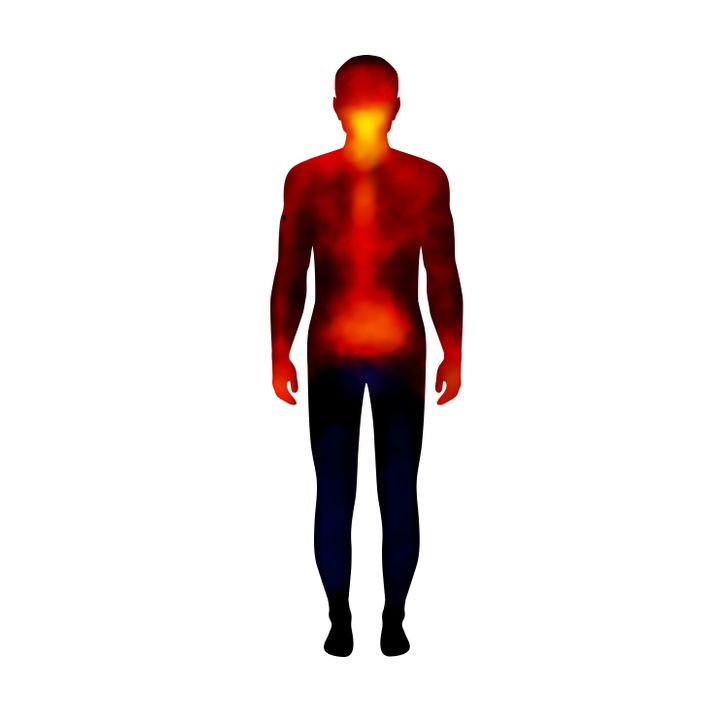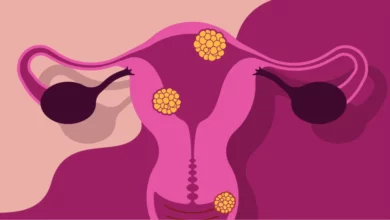2,012 6 minutes read
Health & Fitness
Feeling disgust for something or, even worse, someone is one of the most difficult emotions for anybody to control. Unlike other emotions like fear and anger, which make your heartbeat speed up, disgust makes your heartbeat slow down a bit. You can also feel nausea or as if something is wrong with your stomach.
This happens because the antipathy produced by disgust has a lot of the same physiological elements that make up the digestive system. To avoid this, take a deep breath, realize that it’s just your emotions trying to control your thinking, and do the opposite of what you’re feeling: instead of making fun of someone or something, be kind toward them.
6. Shame
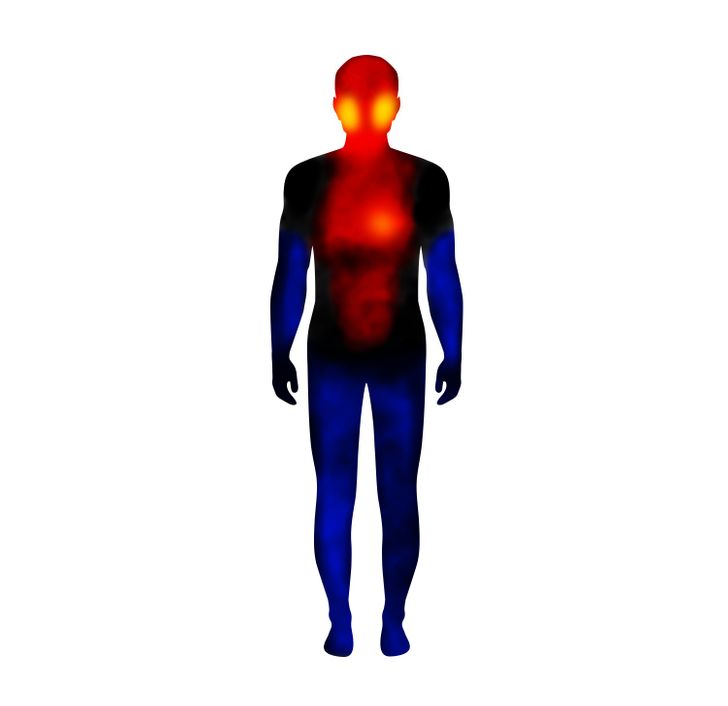
In cases of healthy shame, a person doesn’t lose their self-esteem and free will. Unhealthy shame usually comes from the past, and, in this sense, toxic shame becomes a person’s part and a kind of stress for them. This causes problems such as overproduction of cortisol, the primary stress hormone, and this can lead to an increased heart rate and constricted arteries.
To overcome shame, stop comparing yourself to others. Learn to be confident and unafraid of what people say or think. Let them do what they do, and remember that it’s only you who knows the truth. Challenge yourself, win the battle, and love yourself.
7. Pride and contempt
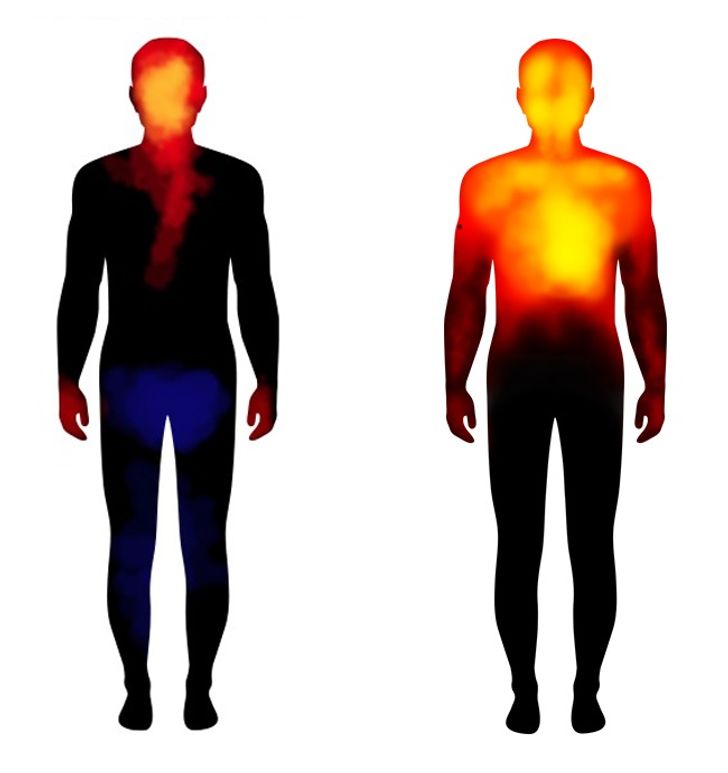
Unreasonable pride comes from negative thoughts about other people together with the feeling that there’s no one better than you. This connection can make you stressed, which leads to heartburn, stomachache, high blood pressure, etc. The saying “Pride goes before a fall” shows that being proud can lead to a consequence that results in ignoring potential risks.
If it’s hard for you to say, “I’m sorry,” try these tips: stop being a perfectionist, and consider your fails as a chance for a better try. Be more empathetic, and try to understand others’ feelings. Accept people as they are, write down your apologies, and don’t take embarrassment too seriously because this is the main thing that prevents us from freedom.
8. Jealousy
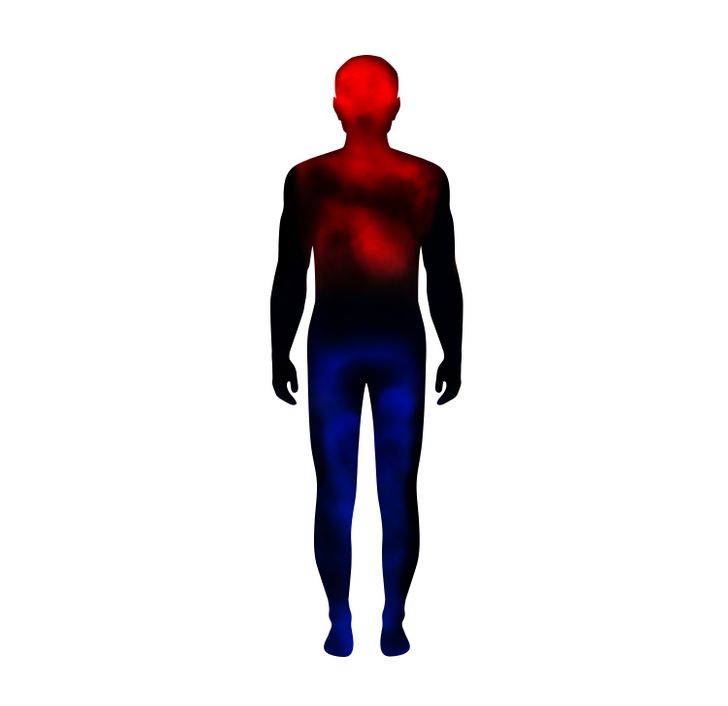
Some people find jealousy to be sweet, but only when it’s not too much. Normal jealousy is what a person feels when they’re worried or they fear losing a loved one. Unhealthy jealousy can destroy hearts, relationships, and families. The stress of jealousy quickens the heart rate and raises the blood pressure. You can also have other symptoms that negative emotions bring: poor appetite, significant weight loss or gain, insomnia, stomach problems, and so on.
First, just start to believe your partner, however trite it sounds. Stop comparing yourself to others, and don’t confuse make-believe with reality. These are the most effective tips for overcoming jealousy in relationships.
9. Happiness

Aristotle said, “Happiness is the meaning and the purpose of life, the whole aim and end of human existence.” Happiness and good health go hand-in-hand, making our hearts healthier, our immune systems stronger, and our lives longer. It also helps us to overcome stress. According to a study published in 2015, positive well-being was found to have a beneficial effect on survival, reducing the risk of death by 18% in healthy people and by 2% in those with pre-existing diseases.
Start increasing your happiness right now by hugging someone you care about, dress to impress not only others but yourself, and don’t forget to smile. Also, don’t forget to be active, spend time outside, have a good night’s rest, and meditate — even if you don’t know how! And the most important point is to enjoy your life!
10. Spontaneous emotion in Cornelia de Lange syndrome and Rubinstein-Taybi syndrome

Existing literature tells about the differences in face-scanning in people with CdLS and RTS, 2 genetically defined disorders with unique profiles of social behavior. These people’s eye gazes were examined to the eye and mouth regions of neutrally and spontaneously expressive faces, and visual preferences for happy and disgusted facial expressions were compared to neutral faces. The study showed that the amount of time spent looking at the eye and mouth areas of faces was similar among 15 people with CdLS and 17 people with RTS. Also, both groups of participating people showed a similar pattern of spontaneous visual preference for emotions.
11. Anxiety and depression increase risk of death from liver disease.
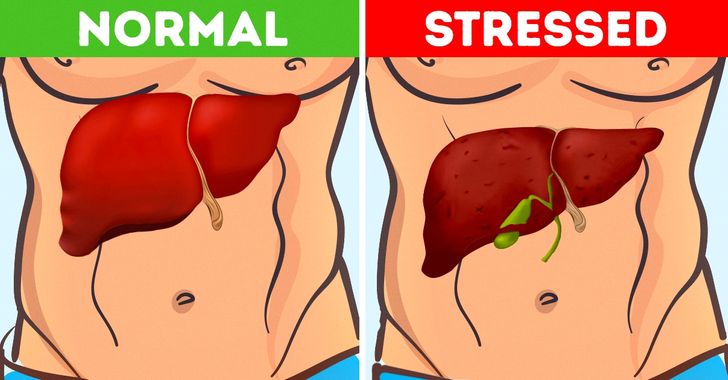
In addition to the risk of heart disease, suffering from anxiety or depression can lead to liver disease. A study proved that a mental disorder can lead to and increase the risk of cardiovascular disease. In turn, cardiovascular disease can be a cause of liver disease, known as non-alcoholic fatty liver disease, which can progress to cirrhosis and liver failure. Therefore, suffering from anxiety or depression may significantly increase the risk of death from liver disease.
Bonus: Have you ever wondered how exercising can affect your emotional state? Here’s the answer.
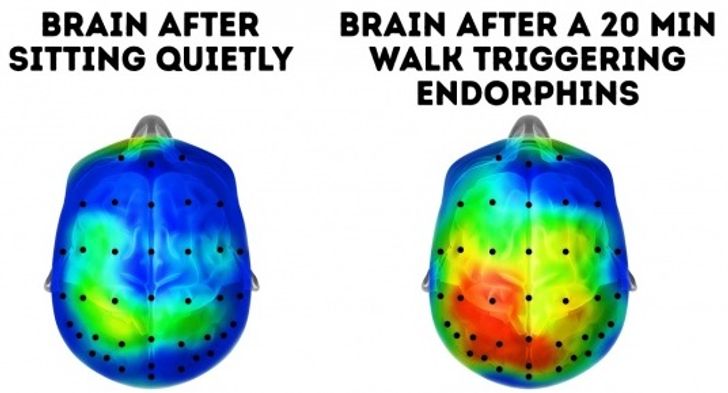
Many studies show that people who exercise regularly get a positive boost to their mood and experience lower rates of depression. The point is that when you exercise, your body releases chemicals called endorphins. These endorphins intersect with the receptors in your brain and reduce your perception of pain.
When it comes to our emotions, endorphins play a big role. They’re produced as a response to certain triggers, especially stress, fear or pain, and are connected mainly with receptors in the cells of our body found in regions of the brain responsible for blocking pain and controlling emotion. The majority of your emotions are handled by your brain’s limbic system, which includes the hypothalamus, the region that processes a range of functions, from breathing to hunger and emotional reaction. There are also opioid receptors in the limbic system. When endorphins reach them, you experience pleasure and a sense of satisfaction.

